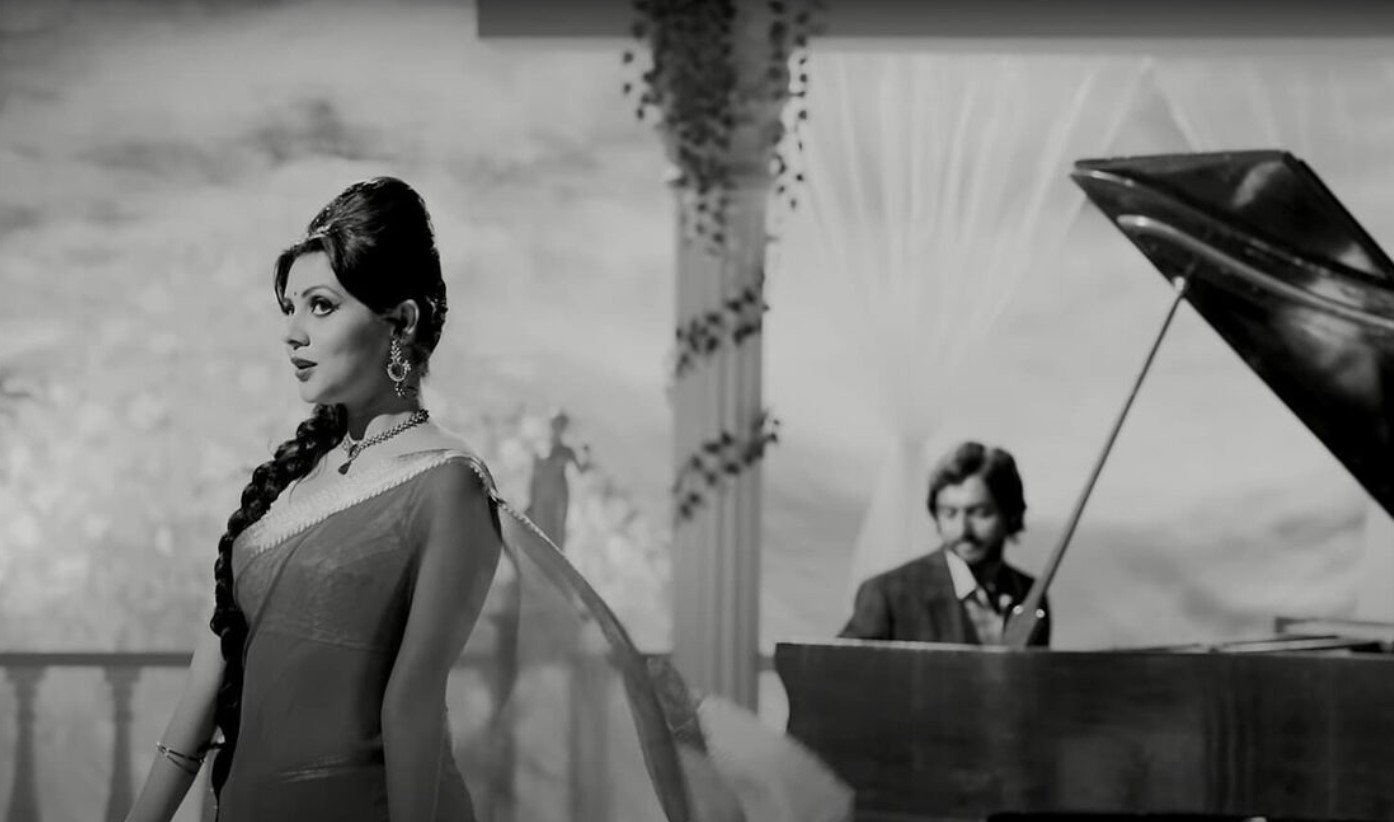Acclaimed filmmaker Srijit Mukherji is set to bring the fascinating life of Sir Arthur Conan Doyle, the man behind Sherlock Holmes, to the big screen in a bold new biographical drama titled Elementary, My Dear Holmes. The film, a British-Indian co-production, will be backed by the Conan Doyle Estate as an associate producer, marking one of the rare collaborations between India and the United Kingdom under an official film treaty.
A story beyond Baker Street
Set in London in 1906, Elementary, My Dear Holmes will follow Doyle at a pivotal time in his life when fiction met reality. The film will explore the celebrated author’s inner battles, moral dilemmas, and pursuit of justice beyond his novels.
At the center of the story are two real-life wrongful conviction cases that deeply influenced Doyle’s worldview — George Edalji, a British-Indian solicitor falsely accused of animal mutilation, and Oscar Slater, a man wrongly convicted of murder. Doyle famously investigated both cases using the same reasoning and deduction that made Sherlock Holmes immortal.
The film will also touch upon Doyle’s personal life, including his dying wife’s wish for him to remarry and the emotional turmoil that followed. Through this, Mukherji’s vision aims to portray Doyle not as a distant literary icon but as a conflicted man who sought truth in a world clouded by prejudice and injustice.

Srijit Mukherji’s vision for the film
Srijit Mukherji, one of India’s most respected contemporary filmmakers, expressed deep passion for the project, describing it as a personal tribute to the creator of the world’s most famous detective.
“I first met Sherlock Holmes as a boy, not in Baker Street, but in the quiet between pages,” Mukherji said. “Elementary, My Dear Holmes imagines Doyle stepping into his own fiction — a man haunted by the clarity he created.”
Mukherji’s interpretation suggests a layered narrative where Doyle’s analytical mind confronts real-world moral challenges, blurring the line between creator and creation. Known for his attention to period detail and emotional depth, the director’s previous works such as Chotushkone, Jaatishwar, and Gumnaami have won both national awards and critical acclaim for their storytelling craftsmanship.
A bridge between two film industries
The film will be developed under the UK-India Co-Production Treaty, a landmark initiative designed to encourage cultural and cinematic collaboration between the two nations. The treaty, jointly supported by the British Film Institute (BFI) and India’s National Film Development Corporation (NFDC), allows filmmakers to share resources, talent, and financial benefits while appealing to global audiences.
Elementary, My Dear Holmes will be produced by Shahnaab Alam through London-based Invisible Thread Media, with Matchcut Productions, Mukherji’s own company, managing the India leg.
The project highlights the growing synergy between British and Indian filmmakers, as both industries explore new ways to tell human stories that resonate internationally. Recent cross-border successes have shown that audiences respond strongly to films blending historical truth, emotional storytelling, and strong character arcs — all of which are at the core of Mukherji’s filmmaking.
Co-production advantages
The UK-India treaty offers:
Access to funding and tax incentives in both countries
Shared creative and technical expertise
Easier permissions for shooting in international locations
This framework has already helped several acclaimed films reach completion, and Elementary, My Dear Holmes could become one of its most notable examples if it delivers on its creative promise.
Doyle’s fight for justice
Arthur Conan Doyle’s real-life investigations have long intrigued historians and crime writers. His campaign to clear George Edalji’s name exposed systemic bias against immigrants in Edwardian Britain. Edalji’s eventual pardon was one of the earliest examples of public activism influencing legal reform.
Similarly, Doyle’s tireless advocacy for Oscar Slater led to a retrial that exonerated Slater after two decades of wrongful imprisonment. These stories revealed Doyle’s unshakable sense of justice — the same moral compass that defined Sherlock Holmes.
By revisiting these landmark cases, the film aims to show Doyle as more than a novelist — as a man who used logic, compassion, and courage to fight real injustice.
Mukherji’s decision to bring this narrative to life comes at a time when global audiences are drawn to biographical dramas that mix history with introspection. Films like Oppenheimer and The Imitation Game have shown that stories of intellect and ethics can strike deep emotional chords.
What to expect from the film
Though the cast has not been officially announced, industry insiders suggest the film will feature a mix of British and Indian actors, reflecting the cross-cultural themes embedded in its story. Principal photography is expected to begin in mid-2026 in London and select locations in India.
Mukherji is known for his meticulous approach to authenticity, often involving historians and cultural experts in his productions. For Elementary, My Dear Holmes, he is expected to collaborate with British historians specializing in Edwardian society and legal reform to ensure the film accurately captures its era.
If successful, the project could not only revive global interest in Doyle’s personal life but also deepen appreciation for his contributions to social justice.
A tribute to storytelling and conscience
Elementary, My Dear Holmes represents more than a biopic. It is a meditation on conscience, truth, and the price of clarity. By portraying Doyle as both a storyteller and a seeker of justice, the film promises to bridge the gap between myth and man, reminding audiences that even the creator of fiction’s greatest detective was driven by an unrelenting pursuit of truth.
Mukherji’s bold vision could redefine how literary icons are remembered — not as distant figures trapped in books, but as human beings who changed the real world through empathy and intellect.
In an age where historical storytelling is finding fresh voices, Elementary, My Dear Holmes may stand as a cinematic reminder that logic and humanity are not opposing forces but eternal allies. What do you think about Srijit Mukherji bringing Doyle’s world to life? Share your thoughts with your friends and let the discussion begin.


















